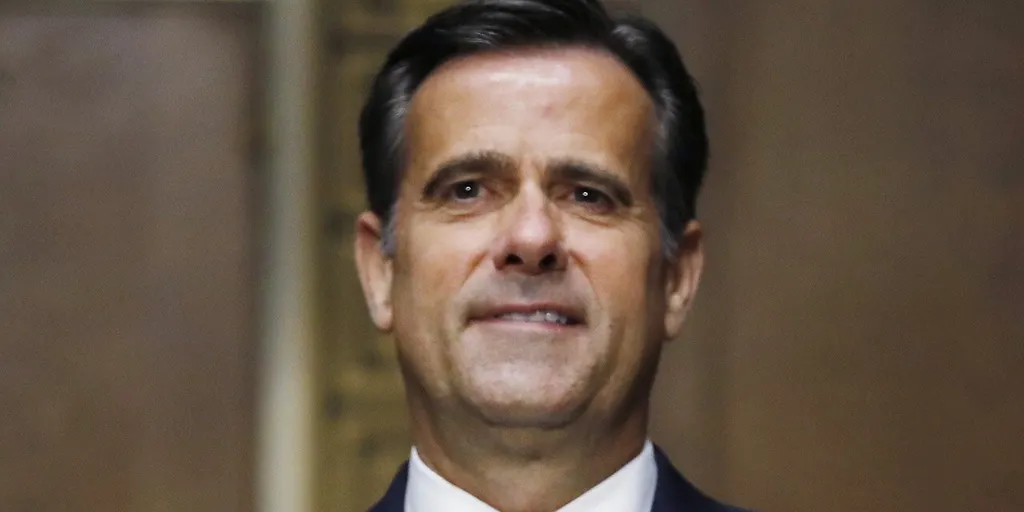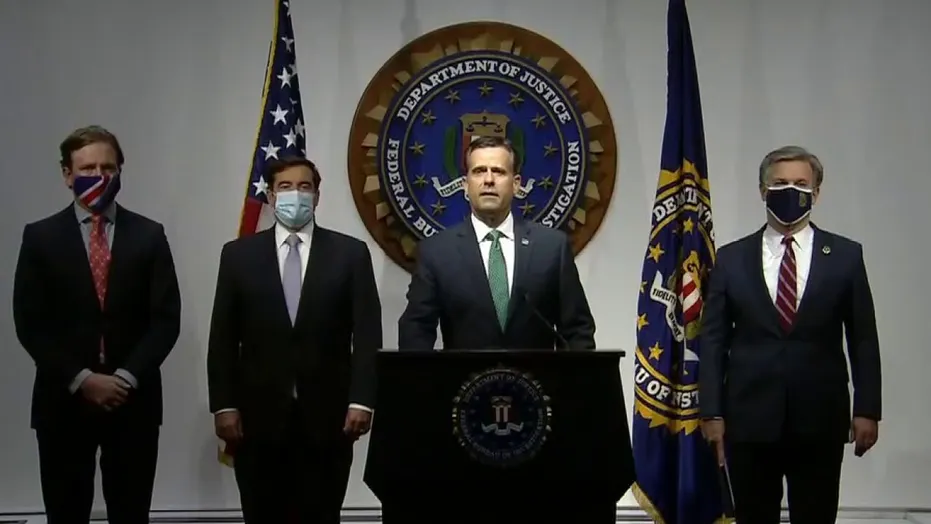The CIA"s latest review reveals the uncomfortable truth about Russian interference in the 2016 U.S. presidential election, confirming that Vladimir Putin sought to undermine democracy and support Donald Trump. Despite the agency"s internal acknowledgment of procedural flaws, the critical conclusion that Russia aimed to assist Trump remains intact. This raises serious questions about accountability and the integrity of our intelligence processes.
Ratcliffe"s Review Undermines Trust in Intelligence
CIA Director John Ratcliffe"s review, released this week, paints a troubling picture of how political pressures may have compromised the integrity of intelligence assessments. According to a CIA report, the initial assessment was rushed and overly influenced by agency leadership. Ratcliffe stated that the environment created by agency heads at the time led to an atypical analytic process concerning a matter as vital as the nation"s electoral integrity.
Solid Evidence of Russian Interference Remains Unchallenged
Despite questioning the speed and process of the assessment, the review reaffirmed its core findings. The CIA and FBI"s high confidence that Putin sought to assist Trump remains, despite being based on a single source. This raises critical questions about the reliability of the data used to inform such consequential judgments. Former officials like Beth Sanner, who served as deputy director of national intelligence, argue that this ongoing scrutiny of intelligence analysis is necessary for restoring public trust.
\n\n
Senate panel holds confirmation hearing for Trump DNI pick John ...
Political Implications of the Review
The release of this review is fraught with political implications. Ratcliffe"s public statements appear to distance himself from the previous administration"s leadership while simultaneously defending the original assessment. His comments suggest a desire to shift blame to predecessors, claiming that they manipulated intelligence for political gain. This narrative has been echoed by Trump and his allies, who have perpetually dismissed concerns about Russian interference as politically motivated witch hunts.
The Steele Dossier as a Political Flashpoint
A significant point of contention within this discussion is the controversial Steele dossier, an unverified report that alleged Trump"s extensive ties to Russia. Critics have long used this dossier to undermine the credibility of the intelligence community"s findings, framing it as evidence of corruption. Yet, as noted in the historical analysis by historian David Shimer, foreign interference in elections is a longstanding issue, raising the question of why this particular instance has been weaponized against the intelligence community.
\n\n
Putin on Ukraine, AI double, other key takeaways from news ...
Persistent Questions Around Election Integrity
The CIA"s review underscores the ongoing debate about election integrity in the United States. The findings reiterate that Russia"s actions were not merely an attempt to sway public opinion but a calculated effort to disrupt the democratic process. This reality challenges the narrative that the 2016 election was free from external manipulation. As reported by NYU research, Russian campaigns targeted partisan divides, exacerbating existing tensions within the electorate.
Long-Term Consequences of Intelligence Manipulation
The implications of this review stretch beyond the past election cycle. The normalization of politicizing intelligence assessments poses a danger to the integrity of our democratic institutions. When intelligence is seen through a partisan lens, it undermines the very foundation of accountability and transparency that is essential for a functioning democracy. The CIA"s own internal reviews reveal a system that is struggling to maintain its credibility amidst political pressures, which could have lasting ramifications for future elections and the public"s trust in government institutions.

The FBI holds a major news conference on 2020 election security



![[Video] Gunfire between Iraqi security forces and Sadr militias in Baghdad](/_next/image?url=%2Fapi%2Fimage%2Fthumbnails%2Fthumbnail-1768343508874-4redb-thumbnail.jpg&w=3840&q=75)
